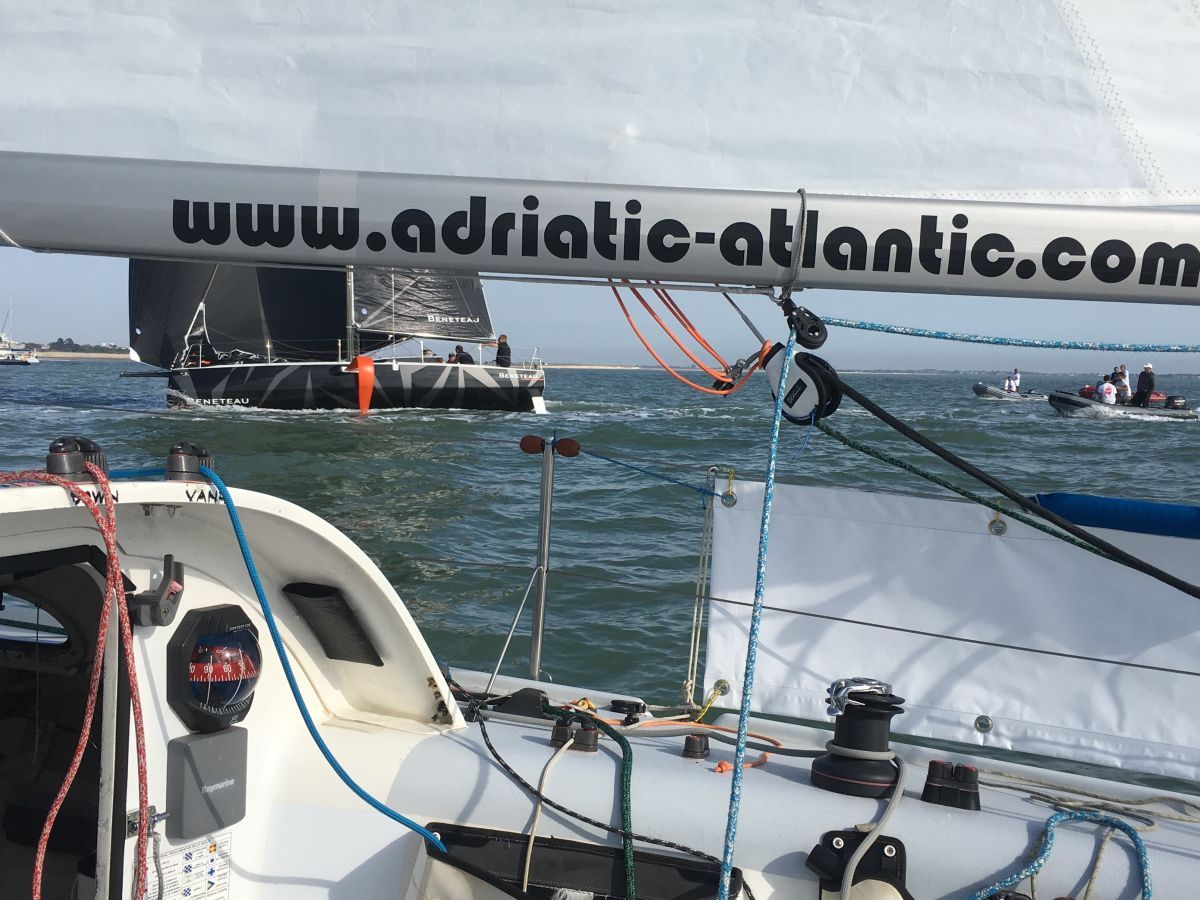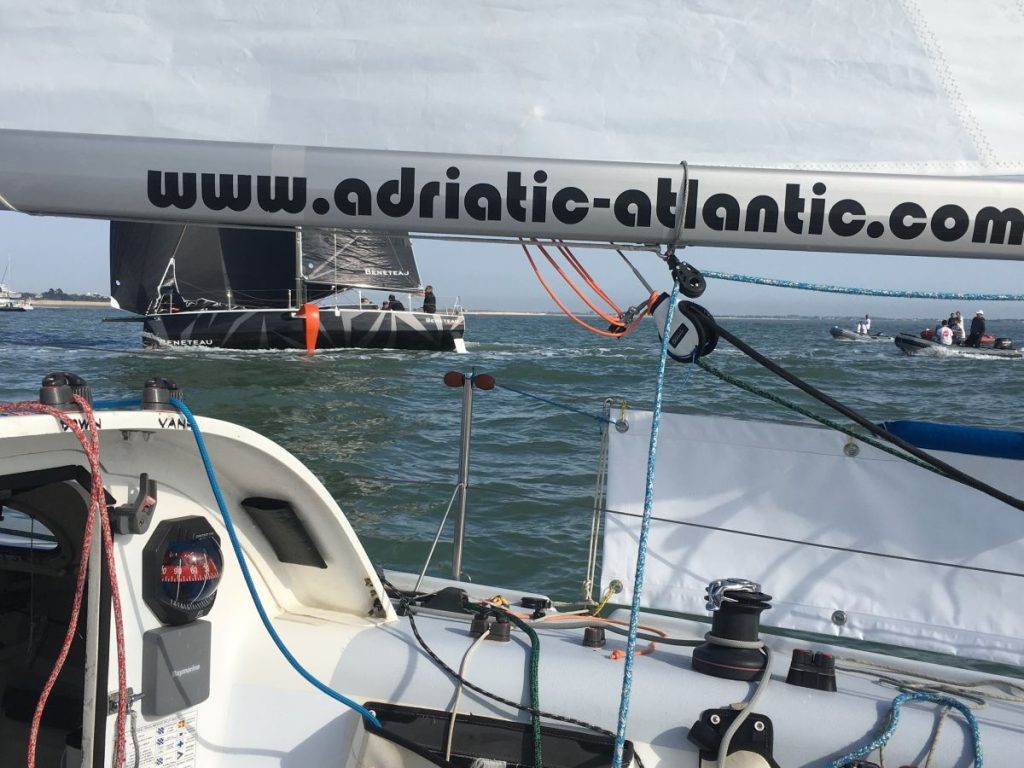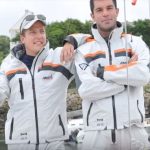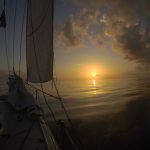One of the most intimidating and challenging sailing races in the world, the Mini Transat 6.50 transatlantic solo regatta, kicked off in La Rochelle, France on October 1, 2017. The start saw 81 skippers, two of them our very own Vedran Kabalin and Slobodan Dado Velikić – the first Croats to compete since 2007!
It’s been 23 hours since the skippers set off for a journey of a lifetime in La Rochelle. Among 81 competitors, 10 of them are women, the youngest skipper is the 20-year-old Erwan Le Draoulec, while the oldest participant, Fred Guérin, is no less than 62!
We’ve written about the two ambitious Croats who are currently sailing the first leg of the 4050nm race on multiple occasion. Both Vedran and Dado have developed a love for sailing and the sea at a very young age, going on to participate in countless regattas before spending an entire year preparing for the hardest quest of them all.
In days leading to the start, Kabalin shared a couple of impressions from the final preparations in France on his blog: “It’s 4 am, Saturday.. Light drizzle in La Rochelle, 36 hours to the start of the Mini Transat 2017 La Boulangere. I just came back from picking up Šime (Stipaničev) at the “40 years of Mini” party. One thing is obvious – I’m in polyphasic mode, getting ready for the big start.”
Polyphasic sleep is just one of the skills Vedran and Dado had to master before they faced the Atlantic. Being completely alone on a 6.5-metre boat that’s built to be sturdy and practical instead of sleek and comfortable entailed excruciating psychological and physical preparations; take a look at this piece for some insight into their training process.

Photo credit: Vedran Kabalin
“After the fun part, it was time to complete all the necessary checks before the Transat – sails, pharmacy, charts, security and boat check, VHF test.. a really thorough check that somewhat helps the organizer, but also the skipper feel safer. In the meantime, we attended a couple of interesting briefings about safety and SAR operations, SSB reception, 1st leg course information and some formal and informal parties organized by the race direction. All in all, a busy ten days which peaked with a prologue race on Sunday – 7 days before the start”, Vedran wrote.
A day later, that start proved to be a bit more challenging than expected, with weather conditions that couldn’t really be described as optimal, reported Scuttlebutt Sailing News on October 1, 2017. They skippers had to brace incessant rain and a considerable south-western swell, making for a restless introduction to a race whose conditions could only get worse in time, with expected strong wind in a corridor next to the coast of Galicia and Portugal.The first couple of days also entail getting used to the extraordinary conditions – a tiny living space, fragmented sleep and snack-sized meals to be consumed throughout 24 hours.
According to the interactive tracking map you can find here, our two sailors are braving the discouraging weather with a steady hand, as they have mostly stayed on the same course along with the rest of the skippers. Updates to come!










